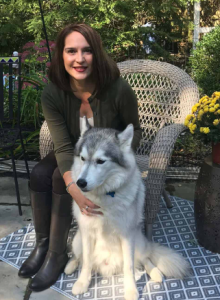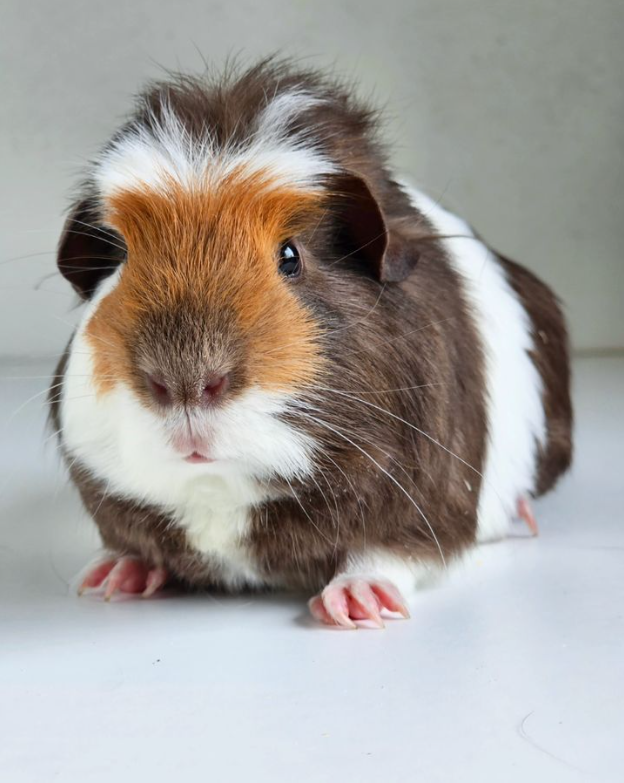Congratulations on adopting a rescue dog! You are giving a deserving dog a second chance at a happy life. The first two weeks of your rescue dog’s time in your home are critical for helping them adjust to their new surroundings and develop a trusting bond with you.

Tips on how to make the transition as smooth as possible
Before you bring your new dog home:
Prepare your home
Remove any potential hazards, such as poisonous plants, small objects that could be choking hazards, and electrical cords. Set up a designated space for your dog’s bed, food and water bowls, and toys.
Stock up on supplies
You will need food, water bowls, a collar and leash, a bed, toys, and grooming supplies.
Schedule a vet appointment
It is essential to have your new dog checked by a veterinarian to ensure they are healthy and up to date on their vaccinations.
When you bring your new dog home
Take it slow
Allow your new dog to explore their new home at their own pace. Refrain from overwhelming them with too much attention or activity.
Establish a routine
Dogs thrive on routine. Feed your new dog at the same time each day and take them for walks regularly.
Be patient and understanding
It may take some time for your new dog to adjust to their new home and life. Be patient and understanding as they learn the rules and develop a trusting bond with you.
What to expect during the first two weeks with your rescue dog:
Week 1
Your new dog may be anxious or withdrawn
This is normal. Give them time to adjust to their new surroundings and get to know you.
Your new dog may not know the rules of your home
Teach them basic commands such as sit, stay, and come. Be consistent with your training and use positive reinforcement.
Your new dog may have accidents in the house
This is also normal. Be patient and take them outside frequently. If they have an accident, clean it up immediately and do not scold them.
Your new dog may be picky about their food
It may take some time for them to adjust to their fresh food. Try offering them different types of food and see what they like best.
Week 2
Your new dog should start relaxing and feeling more comfortable in their new home
They may begin to play more and interact with you more.
You can start to introduce your new dog to other people and pets
Do this gradually and in a controlled setting. Supervise all interactions and be prepared to step in if needed.
You can start to take your new dog on longer walks and outings
Be sure to increase the duration and intensity of their activity level gradually.

Additional tips for helping your rescue dog adjust to their new home:
Create a safe space for your new dog
This could be a crate, a living room corner, or their bed. This is a place where your dog can go to feel safe and secure.
Provide your new dog with plenty of exercise
Exercise is a great way to relieve stress and anxiety. Take your new dog for walks, play fetch with them, or enroll them in a dog park.
Socialize your new dog
Exposing your new dog to different people, places, and situations will help them become more comfortable and confident. Take them to the park, walk around the neighborhood, or visit friends and family.
Be patient and consistent
It may take some time for your new dog to adjust to their new home and life. Be patient and consistent with your training and expectations.
Common mistakes to avoid when bringing home a rescue dog:
You are expecting too much too soon
It takes time for dogs to adjust to a new home and life. Don’t expect your new dog to be perfectly trained or housebroken overnight.
You are punishing your new dog for accidents or mistakes
This will only make them more anxious and withdrawn. Use positive reinforcement to teach your new dog the rules.
You are leaving your new dog alone for long periods
Dogs are social creatures and need companionship. If you have to go with your new dog alone, ensure they have a safe place to stay and plenty of toys to keep them occupied.
It is not socializing your new dog
Exposing your new dog to different people, places, and situations is essential. This will help them become more comfortable and confident.
Bringing home a rescue dog is a beautiful experience. Following these tips can help your new dog adjust to their new home and develop a strong bond with you.


